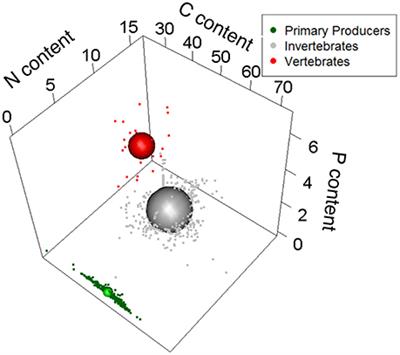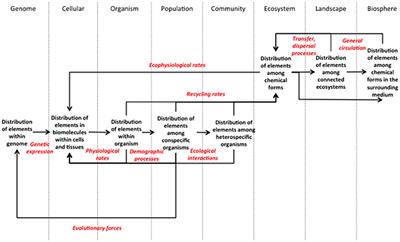EDITORIAL
Published on 05 Sep 2018
Editorial: Progress in Ecological Stoichiometry
doi 10.3389/fmicb.2018.01957
- 9,473 views
- 42 citations
55k
Total downloads
330k
Total views and downloads
Select the journal/section where you want your idea to be submitted:
EDITORIAL
Published on 05 Sep 2018
ORIGINAL RESEARCH
Published on 18 Jul 2018

ORIGINAL RESEARCH
Published on 27 Mar 2018

ORIGINAL RESEARCH
Published on 09 Feb 2018

REVIEW
Published on 30 Jan 2018

ORIGINAL RESEARCH
Published on 11 Jan 2018

ORIGINAL RESEARCH
Published on 06 Nov 2017

ORIGINAL RESEARCH
Published on 23 Oct 2017

METHODS
Published on 20 Sep 2017

PERSPECTIVE
Published on 11 Sep 2017

HYPOTHESIS AND THEORY
Published on 08 Sep 2017

ORIGINAL RESEARCH
Published on 08 Sep 2017


Frontiers in Earth Science
Frontiers in Ecology and Evolution
Frontiers in Environmental Science
Frontiers in Marine Science
Frontiers in Plant Science